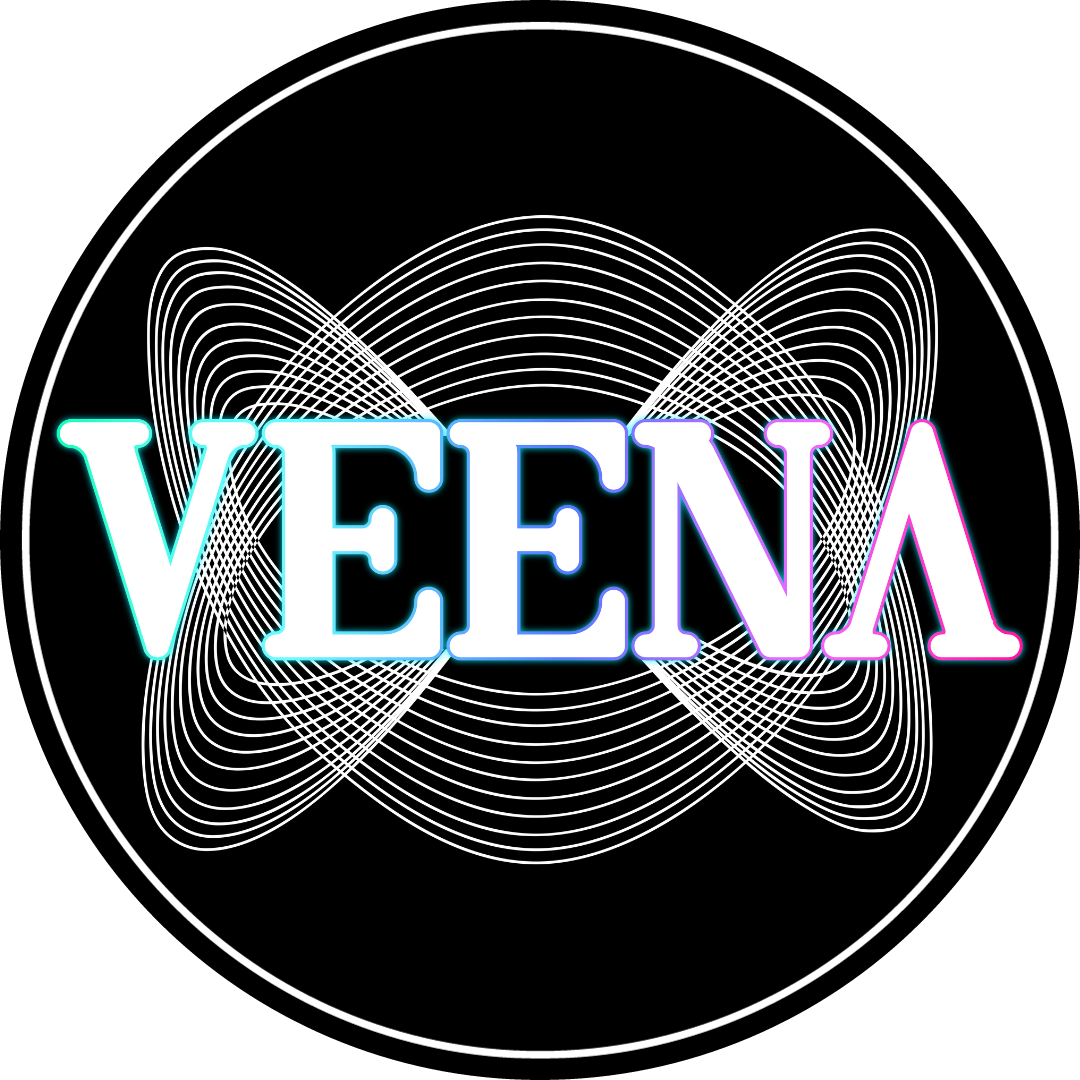
Education & Research
Degrees
Master of Science in Communication
Mass Communication Emphasis
2023-2024
Social and New Media Certificate, Strategic Communication Certificate, Health Advocacy Certificate
Bachelor of Arts in Communication, Public Relations Emphasis, Marketing Minor
2021-2023
Digital Marketing Certificate
Associate of Arts and Sciences
Integrated studies
2019-2021
Associate of Applied Science
Audio Visual Systems
2013-2015
Awards
Outstanding Graduate
College of Arts and Communication
UW-Whitewater
2025
Best in Major
Public Relations
College of Arts and Communication
UW-Whitewater
2023
Certificate of Recognition
Award of Excellence
College of Arts and Communication
UW-Whitewater
2022
Research Papers
Describing, Analyzing, and Synthesizing Health Communication Theories
Description
This paper discusses and examines three communication theories. It explains the Diffusion of Innovation Theory, which involves behavioral and social sciences; the Stages of Behavioral Change Model, which heavily involves psychology; and the Knowledge Gap Theory, which involves mass media and new media and touches on sociology and philosophy.
Health Belief Model and Knowledge Gap Theory Applied to COVID-19
Description
This paper covers the COVID-19 pandemic and explains how regulations and policies were communicated to the public. The first section dives into the case history of the COVID-19 pandemic and the policies, procedures, and regulations that followed. It explains who the policymakers, stakeholders, and constituents were and what type of messages they communicated throughout the crisis.
Music as a Marketing Device: Trends in Consumer Favoritism and Campaign Success
Description
This paper explores the strategic use of music in vlogging and advertising content, focusing on how different genres can influence audience engagement and consumer behavior. By examining quantitative and qualitative data from multiple reputable sources, the study demonstrates how music genres such as pop, rock, jazz, and indie can effectively align with various products and demographic segments to drive sales and enhance audience resonance.
Applying Image Repair Theory to Fiona Harvey's Apologia, the Stalker in "Baby Reindeer"
Description
This paper applies William Benoit's Image Repair Theory to analyze the apologia of Fiona Harvey, the individual identified as the alleged stalker "Martha" in the critically acclaimed short Netflix series “Baby Reindeer.” Through a detailed examination of Harvey's interview with Piers Morgan, the study identifies and evaluates the image repair strategies she employed in response to allegations of harassment, including denial, shifting blame, evasion of responsibility, and reducing offensiveness.
Music Selection: From Qualitative Data to Algorithmic Gatekeepers
Description
This article examines qualitative music listening research, specifically focusing on the Harkive project. It also explores studies related to social media, image management, and the dynamics of the music industry. Particular attention is given to music streaming platforms, where the mechanisms behind features such as Discover Weekly playlists, suggested artists, and recommended songs are investigated.
Social Media Assessment: Spotify and Apple Music
Description
This paper conducts a comparative analysis of Spotify and Apple Music's social media strategies, focusing on their approaches to audience engagement, brand identity, and content promotion. Spotify emphasizes community-driven interactions and inclusivity, leveraging platforms like TikTok and Instagram to encourage user participation through challenges and collaborative content.
Navigating the Dynamic Social Media Landscape: Engagement, Thought Leadership, and Future Trends
Description
The social media landscape is a dynamic and ever-evolving ecosystem that facilitates diverse forms of communication and interaction. This paper explores key aspects of social media, including its role in promoting multiplatform engagement, the importance of thought leadership, the use of metrics to optimize strategies, and the significance of monitoring and listening for audience insights.
Strategic Approaches to Crisis Communication: Insights, Frameworks, and Case Analyses
Description
In an age where organizational transparency and public trust are critical, effective crisis communication has emerged as a cornerstone of strategic public relations. This paper, Strategic Approaches to Crisis Communication: Insights, Frameworks, and Case Analyses, examines the methodologies and theoretical underpinnings guiding organizations through complex crises. Drawing on frameworks such as Moral Foundations Theory and Situational Crisis Communication Theory, it emphasizes the importance of ethical considerations, stakeholder engagement, and dialogic communication.
Persuasion and Social Change: The Power of Communication Strategies
Description
This paper explores the interplay between persuasion theories and social change frameworks, emphasizing the role of communication in shaping ideologies and influencing societal attitudes. Grounded in theories such as the Elaboration Likelihood Model (ELM), Cognitive Dissonance Theory (CDT), and the Narrative Paradigm, the study highlights how messages resonate with individuals based on their alignment with existing beliefs, values, and cultural contexts. Social change theories, including the Large Leaps Theory and Policy Window Theory, demonstrate how shifts in public perception and strategic timing can catalyze significant ideological transformations.
Cultural Competence in Health Communication: Addressing Misunderstandings and Promoting Inclusive Practices
Description
Cultural competence is essential in health communication, enabling professionals to navigate diverse cultural beliefs, behaviors, and needs effectively. This paper examines the significance of cultural competence by analyzing key examples of cultural misunderstandings and their implications. Drawing on insights from case studies, including the dynamics of race and ethnicity in online gaming communities and the Havasupai Tribe’s lawsuit over DNA usage, the paper highlights the detrimental effects of cultural incompetence, such as mistrust and ethical breaches.
Kategoria and Apologia: Strategic Communication in Crisis and Reputation Management
Description
Public discourse frequently involves the interaction of accusation (kategoria) and defense (apologia), offering a framework to analyze how reputational management strategies influence societal norms and perceptions. This research examines these rhetorical concepts through Image Repair Theory and real-world examples, including Spotify’s handling of misinformation accusations and Johnson & Johnson’s response to the Tylenol tampering crisis.
The Evolution and Implications of Public Relations Perspectives
Description
This paper traces the transformation of public relations (PR) from traditional, goal-oriented strategies to a modern, participatory framework that prioritizes collaboration and mutual understanding. It explores the evolving dynamics between publics and issues, emphasizing the proactive role publics play in shaping discourse and driving change.
Strategic Approaches to Crisis Communication: Insights, Frameworks, and Case Analyses
Description
In an age where organizational transparency and public trust are critical, effective crisis communication has emerged as a cornerstone of strategic public relations. This paper, Strategic Approaches to Crisis Communication: Insights, Frameworks, and Case Analyses, examines the methodologies and theoretical underpinnings guiding organizations through complex crises. Drawing on frameworks such as Moral Foundations Theory and Situational Crisis Communication Theory, it emphasizes the importance of ethical considerations, stakeholder engagement, and dialogic communication.
Navigating the Dynamic Social Media Landscape: Engagement, Thought Leadership, and Future Trends
Description
The social media landscape is a dynamic and ever-evolving ecosystem that facilitates diverse forms of communication and interaction. This paper explores key aspects of social media, including its role in promoting multiplatform engagement, the importance of thought leadership, the use of metrics to optimize strategies, and the significance of monitoring and listening for audience insights.
The Power of Advocacy: Ethical Considerations, Strategic Approaches, and Tactical Influence in Driving Change
Description
Advocacy is a powerful mechanism for driving social, political, and organizational change. This paper explores the multifaceted nature of advocacy, beginning with its foundational definitions and distinctions from activism. It examines the ethical implications of advocacy efforts, particularly in community-based participatory research and corporate social advocacy, where balancing stakeholder interests poses unique challenges. The role of audiences is analyzed, highlighting the importance of primary and secondary groups in shaping advocacy strategies.



